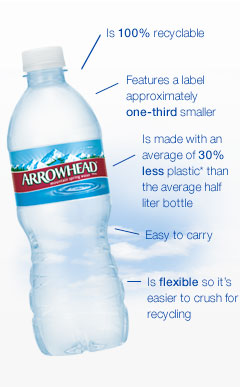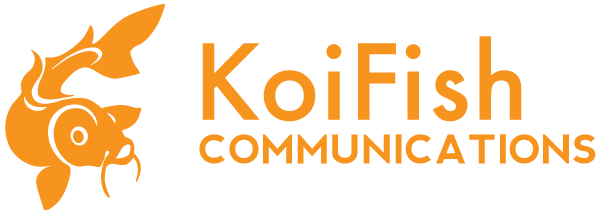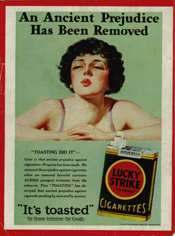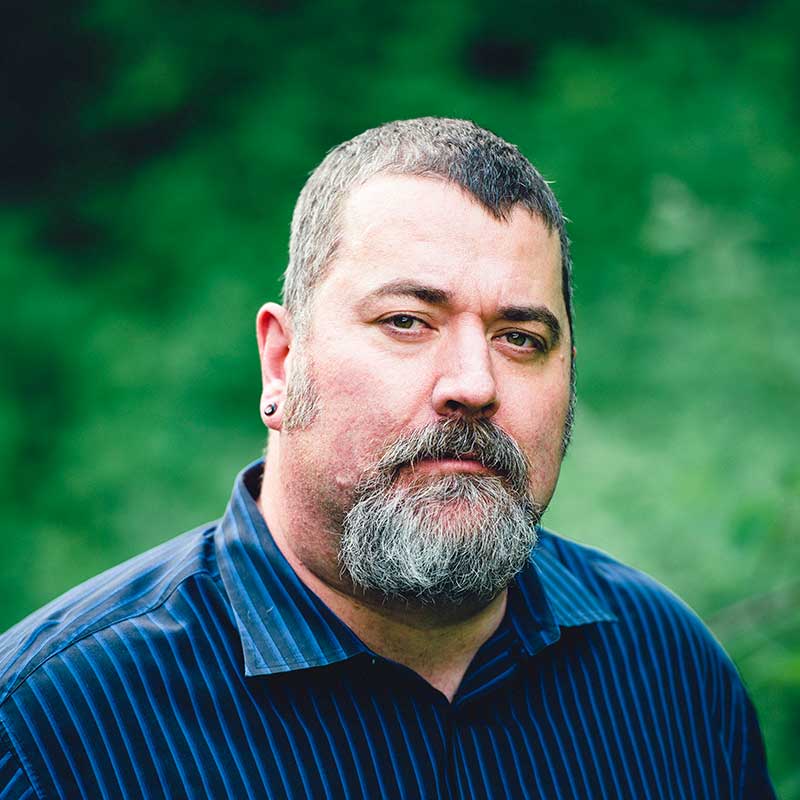The Ethics of Advocacy
Public relations has the power to mold and shape public opinion – often more than many people realize. Discussion about the ethical use of this power is as old as the profession itself. In the 1920s, Edward Bernays, who is often referred to as the “father of PR”, developed a very successful campaign for the American Tobacco Company designed to help convince women that smoking was healthy, fashionable and even patriotic. Unfortunately, his campaign succeeded. Later in his life – once cigarettes were found to be anything but healthy – Bernays was plagued with remorse saying that if he had known the dangers of tobacco, he never would have taken the account. But plenty of today’s largest and most well-respected PR firms have gladly picked up where Bernays left off, knowing full well the danger of the products they promote. And it isn’t just big tobacco. It seems like pretty much any company, no matter how despicable, is capable of hiring world-class PR representation if the price is right. Like any good defense attorney, who justifies representing criminals because the “deserve their day in court,” these agencies justify their actions by saying their clients deserve representation (or their day in the court of malleable public opinion). Public relations has undergone a tremendous amount of change in the last decade. Traditionally, the role of the PR practitioner has been very much behind the scenes. We used to help clients talk at customers through print and broadcast media. Today we help clients engage in discussion with customers through a variety of methods. In some cases, we may even lead the discussion and serve as spokespeople. Weber Shandwick has given this paradigm shift a name – advocacy. In fact, advocacy, has become the backbone of the agency’s branding strategy. In many ways, they are right. In order to effectively promote a company in today’s PR and marketing environment, where words like “authentic” and “transparent” carry a lot of weight, it makes sense that true believers be employed to help spread the word. By definition, a real advocate must take on a greater level of personal ownership for the message he is spreading. But what happens when a PR person is asked to represent a company that isn’t really worthy of advocacy? What happens when the actions of that company run counter to the individual practitioner’s belief system? This is where the concept of advocacy begins to fall down. Bottled water – besides being a major pet peeve of mine – provides an excellent example of what I’m talking about. Bottled water is an unsightly pig upon which PR and marketing types are currently applying copious amounts of lipstick. It is said that people in the United States go through TWO MILLION plastic bottles every FIVE MINUTES. This bona fide environmental disaster is illustrated beautifully by artist Chris Jordan. Frankly, it makes me sick. Not surprisingly, the industry has increasingly come under attack by environmentalists. The industry’s response? More marketing! Fiji went with a new “Fiji Green” initiative and is striving to become “carbon neutral.” Arrowhead came up with a new “eco-shape” bottle that uses less plastic and a smaller label. Ethos Water went with an oh-so-chic cause-related marketing angle. While some consumers and even a handful of media actually seem to be buying in to this nonsense, those who genuinely care about the environment are having none of it. Many of them call it “greenwashing.” The rest call it “bullshit.” And that’s exactly what it is.
Greenwashing at its finest


